Power without Force
Analytical Perspectives on Politics
ADVISORY EDITORS:
John Aldrich, Duke University
Bruce Bueno de Mesquita, Hoover Institution and New York University
Robert Jackman, University of California, Davis
David Rohde, Duke University
Political Science is developing rapidly and changing markedly. Keeping in touch with new ideas across the discipline is a challenge for political scientists and for their students.
To help meet this challenge, the series Analytical Perspectives on Politics presents creative and sophisticated syntheses of major areas of research in the field of political science. In each book, a high-caliber author provides a clear and discriminating description of the current state of the art and a strong-minded prescription and structure for future work in the field.
These distinctive books provide a compact review for political scientists, a helpful introduction for graduate students, and central reading for advanced undergraduate courses.
Robert W. Jackman, Power without Force: The Political Capacity of Nation-States
Linda L. Fowler, Candidates, Congress, and the American Democracy
Scott Gates and Brian D. Humes, Games, Information, and Politics: Applying Game Theoretic Models to Political Science
Lawrence Baum, The Puzzle of Judicial Behavior
Barbara Geddes, Paradigms and Sand Castles: Theory Building and Research Design in Comparative Politics
Rose McDermott, Political Psychology in International Relations
Ole R. Holsti, Public Opinion and American Foreign Policy, Revised Edition
Power without Force
The Political Capacity of Nation-States
Robert W. Jackman
Ann Arbor
T HE U NIVERSITY OF M ICHIGAN P RESS
Copyright by the University of Michigan 1993
All rights reserved
Published in the United States of America by
The University of Michigan Press
Manufactured in the United States of America
 Printed on acid-free paper
Printed on acid-free paper
2010 2009 2008 2007 7 6 5 4
A CIP catalogue record for this book is available from the British Library.
No part of this publication may be reproduced, stored in a retrieval system,
or transmitted in any form or by any means, electronic, mechanical, or
otherwise, without the written permission of the publisher.
Library of Congress Cataloging-in-Publication Data
Jackman, Robert W., 1946
Power without force : the political capacity of nation-states /
Robert W. Jackman.
p. cm. (Analytical perspectives on politics)
Includes bibliographical references and index.
ISBN 0-472-10463-2 (alk. paper). ISBN 0-472-08236-1 (pbk. :
alk. paper)
1. Power (Social sciences) 2. Political development.
3. Legitimacy of governments. I. Title. II. Series.
JC330J33 1993
303.33dc20 93-24362
CIP
ISBN 978-0-472-10463-5 (alk. paper)
ISBN 978-0-472-08236-0 (pbk. : alk. paper)
ISBN13 978-0-472-02346-2 (electronic)
for Mary
Preface
The political capacity of modern nation-states is an issue that has attracted a good deal of attention in the past thirty-five years. Interest in the problem was initially motivated by two general phenomena. First, the wave of decolonization after the Second World War brought a dramatic expansion in the size of the international communitythat is, in the number of sovereign states. And this expansion itself generated a number of efforts to understand the politics and prospects of the new states. Hence book titles like The Politics of the Developing Areas, From Empire to Nation, and Old Societies and New States. Among other things, scholars were interested in determining the degree to which the new states would follow a historical trajectory similar to that encountered by more established states and the ways in which the two experiences might diverge.
Second, many of these scholars were intrigued by a new behavioral approach to political analysis. Proponents of this general method argued that traditional approaches to political analysis, with their emphasis on the description of the formal properties of political institutions, were insensitive to more informal patterns of observed behavior. Instead of formal descriptions that highlighted the unique elements of particular institutions in specific settings (constitutions, legislatures, and the like), the behaviorists urged the importance of constructing more general statements about political life.
Initial analyses of national political capacity were treated under the rubric of political development. Attention was paid to delineating boundaries between political systems and the broader environments in which they were said to be embedded. Some scholars sought to identify the functions common to all political systems, but performed with varying degrees of success in different settings with contrasting political cultures. Others addressed the role of ethnicity in the process of nation building or the impact of modernization (that is, the changes associated with moves away from subsistence economies) on new political systems. Much of this research appeared in a series of volumes on political development in the 1960s and early 1970s, a series sponsored by the Comparative Politics Committee of the Social Science Research Council. Taking a slightly different tack, Samuel Huntingtons influential Political Order in Changing Societies (1968) argued that a process of institutionalization is the key ingredient of political development.
During the 1970s the whole idea of national political development came under attack from a variety of quarters, among which two stand out. First, there was a populist attack that argued that the term development was itself ethnocentric, teleological, and conservative with its emphasis on order. Second, the dependency/world-systems perspective asserted that the focus on nation-states was inordinately narrow and misguided.
Within the last decade, these criticisms appear to have lost much of their force. Instead, nation-states have increasingly been seen as important arenas, and a good deal of attention has been devoted to the issue of state strength. Although seldom conceded, this new statismespecially with its emphasis on state strengthhas returned us to many of the issues that motivated the original literature on political development. State strength, after all, has to do with considerations of national political capacity. But recent writings on the state have failed to define it in plain terms, and hence the notion of state strength is also undefined. Some analysts describe state strength in terms of the size of the public sector, but this approach rapidly becomes mired in the problems of differentiating the public and private sectors (consider the cases of Japan and South Korea). Others broach the question in a more general way, casting states as actors. This also raises more issues than it resolves. Not only does the concept of the state (and state strength) remain poorly defined, but, when the state is cast as an actor, the perspective faces overwhelming problems of reification.
Insofar as it has reaffirmed the importance of nation-states as political units, the new statism is an encouraging beginning. What is needed now is a return to fundamentals if we are to make any progress in identifying the political capacity of nation-states. What is to be done? Some suggest that the merits of the different approaches just sketched out are best adjudicated by more empirical research. However, I believe that much useful empirical work has already been completed. Before further empirical analyses are undertaken, it is critical that we stand back and take stock of the theoretical approaches to which I have just alluded and the empirical work they have spawned. What can be gleaned from the earlier studies of development, broadly conceived, and from the critiques of those studies? Does the new statism offer an improved point of departure, or is it largely a similar tune played by a different fiddler?





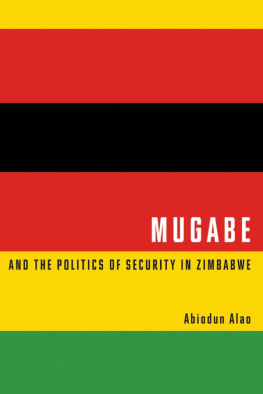
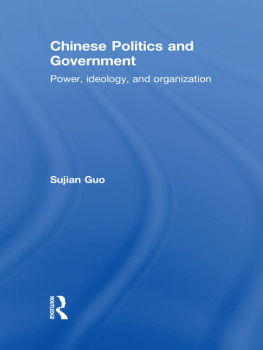
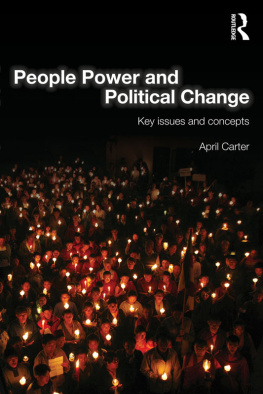
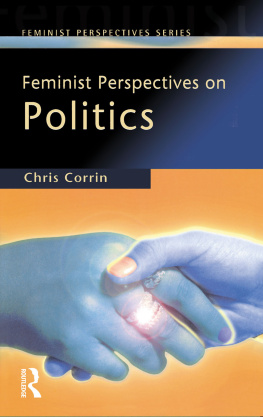

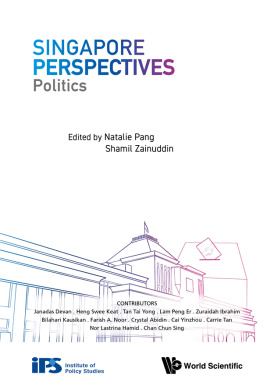
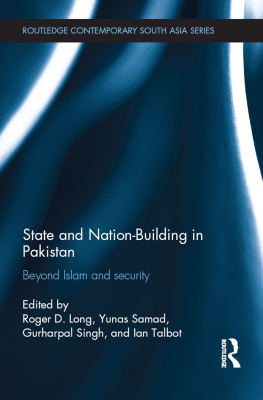
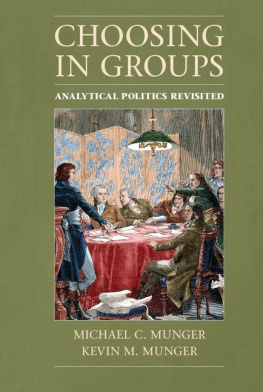
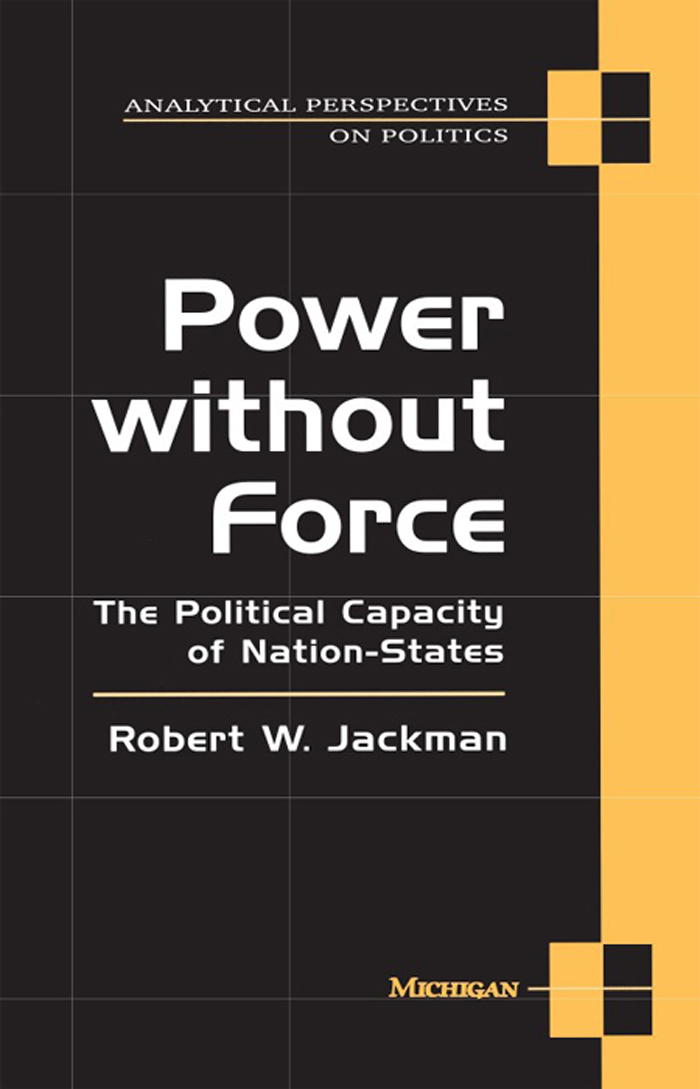
 Printed on acid-free paper
Printed on acid-free paper